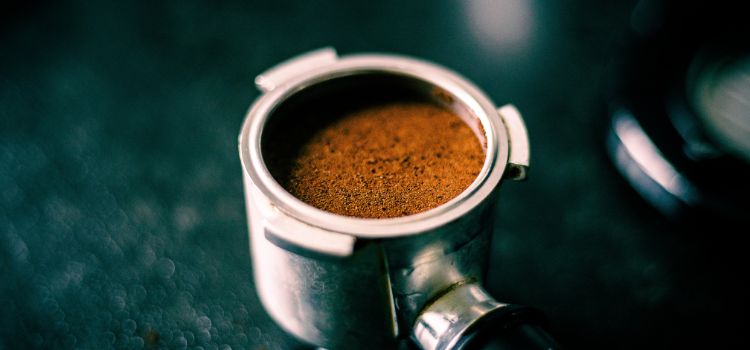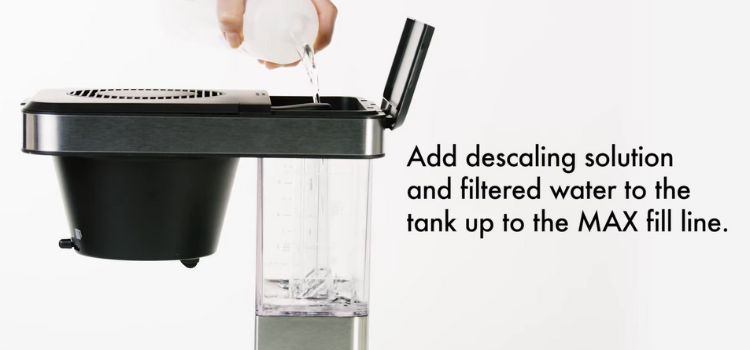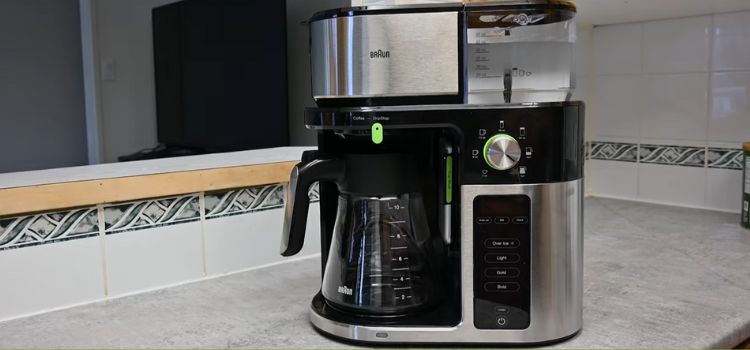
Rich in Antioxidants: Coffee is a rich source of antioxidants, which can help combat free radicals in the body. Free radicals can damage skin cells and accelerate the aging process. Antioxidants in coffee can neutralize these free radicals, promoting healthier and younger-looking skin.
Anti-Inflammatory Effects: Coffee contains chlorogenic acid, which has anti-inflammatory properties. Inflammation is a common factor in skin conditions like acne and redness. Drinking coffee might help in reducing this inflammation and calming the skin.

UV Protection: Some studies suggest that caffeine, when applied topically, can help protect the skin from harmful UVB rays. While drinking coffee may not offer significant UV protection, topical application of caffeine-infused products might have this benefit.

Improved Circulation: The caffeine in coffee is a natural vasoconstrictor, meaning it can constrict blood vessels. This property might help reduce redness and inflammation, giving the skin a more even tone.
Exfoliation: Coffee grounds can be used as a natural exfoliant. When applied gently to the skin, they can help remove dead skin cells, leaving the skin smoother and brighter.
Reduced Puffiness: The vasoconstrictive properties of caffeine can also help reduce puffiness and dark circles around the eyes when applied topically.
Enhanced Skin Hydration: Some studies suggest that coffee consumption might be linked to a lower risk of developing dry skin. Proper hydration is essential for maintaining healthy skin, and coffee, when consumed in moderation, can contribute to overall fluid intake.

It’s important to note that while moderate coffee consumption might offer these benefits, excessive consumption can lead to dehydration, which can have negative effects on the skin. Additionally, individual responses to coffee can vary, so what works for one person may not work the same way for another. As always, it’s best to consult with a healthcare professional or dermatologist for personalized advice regarding skin care.










































